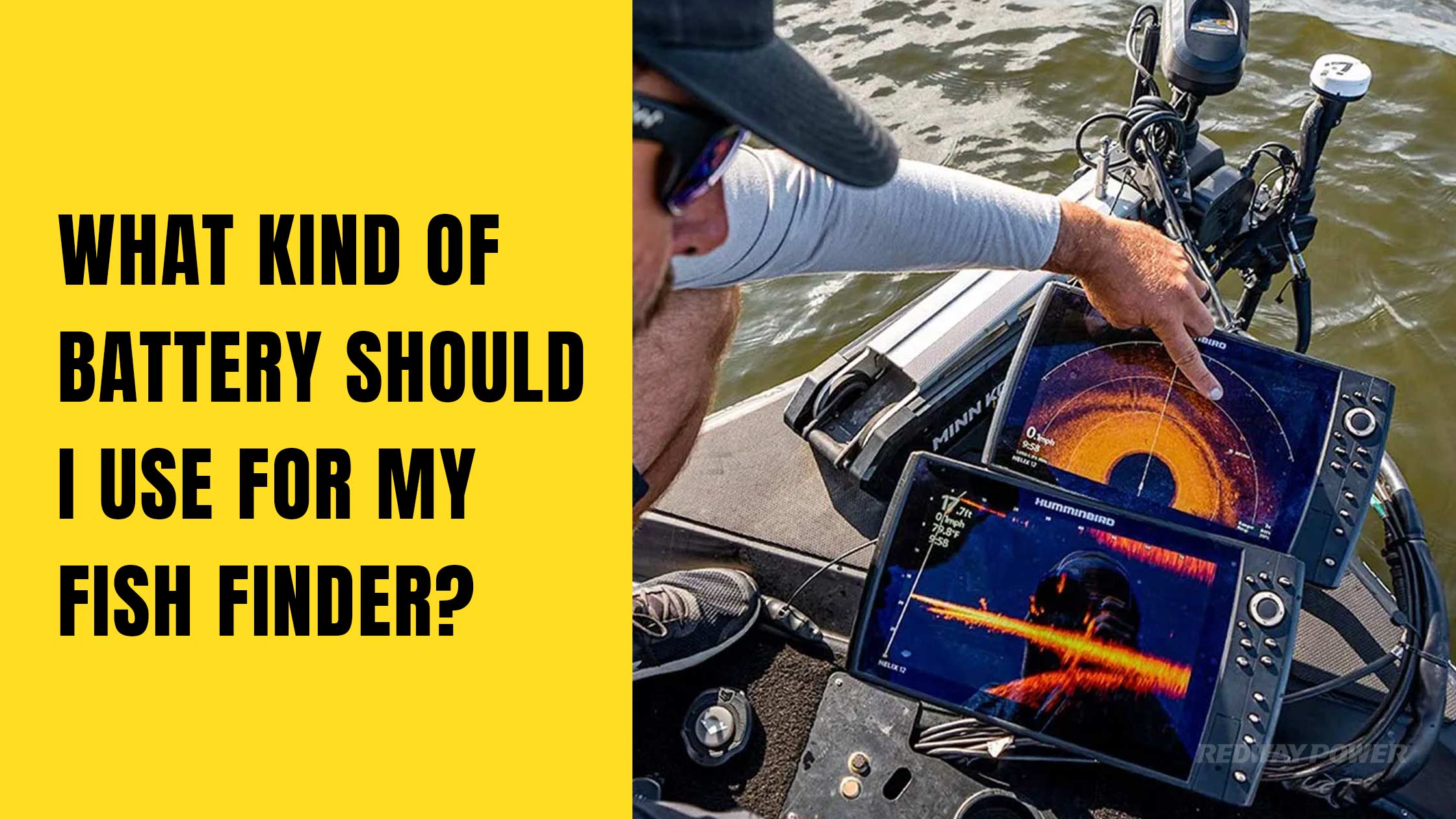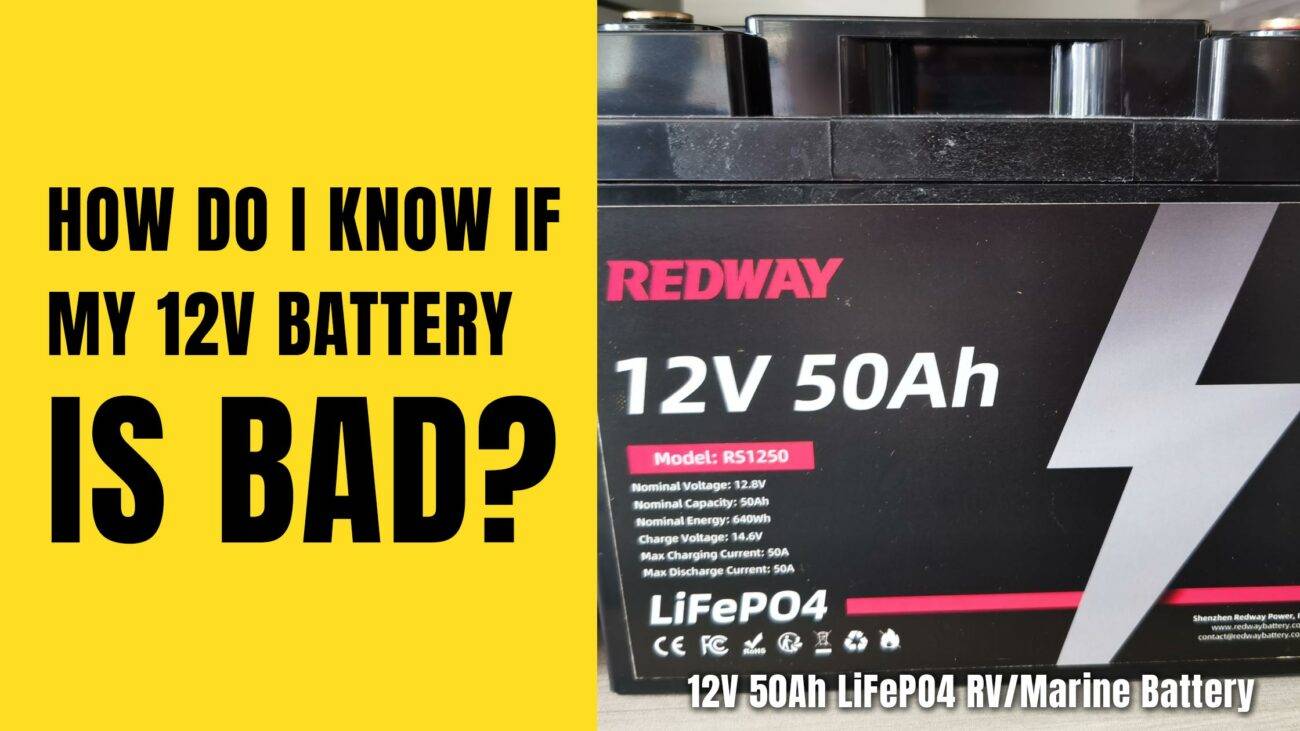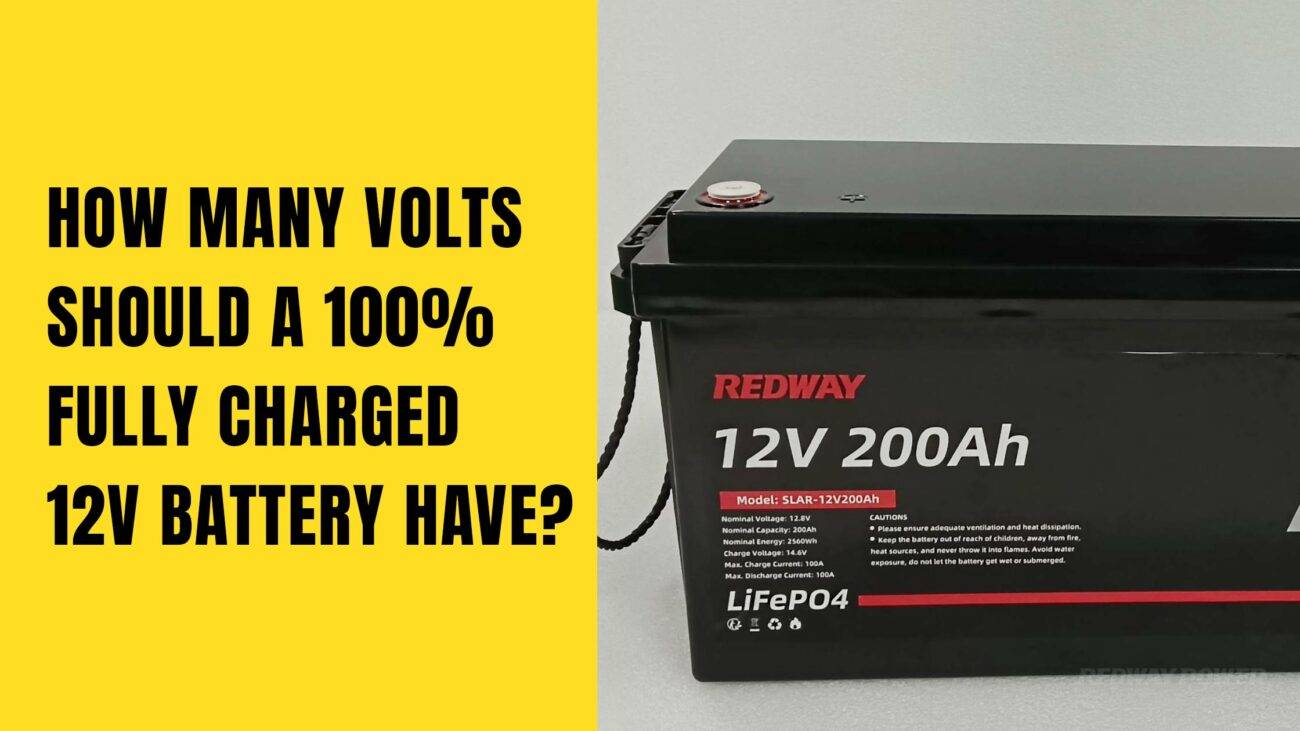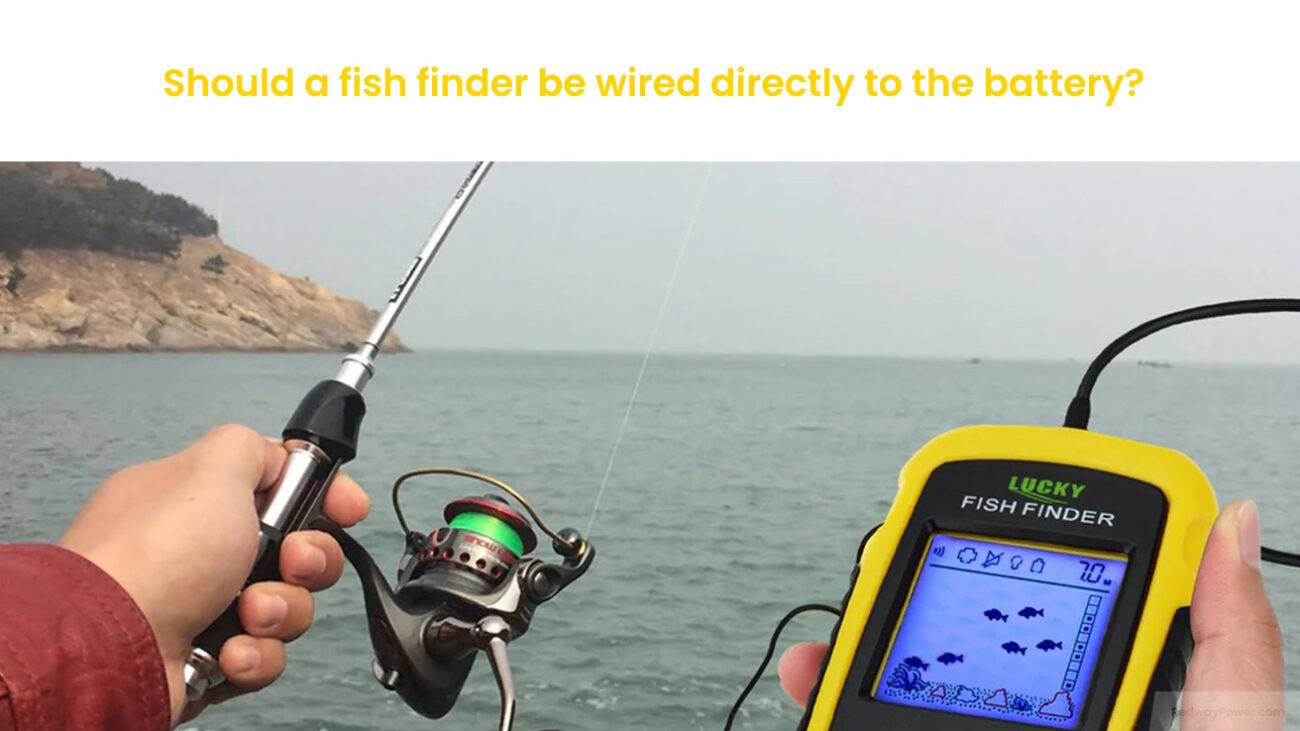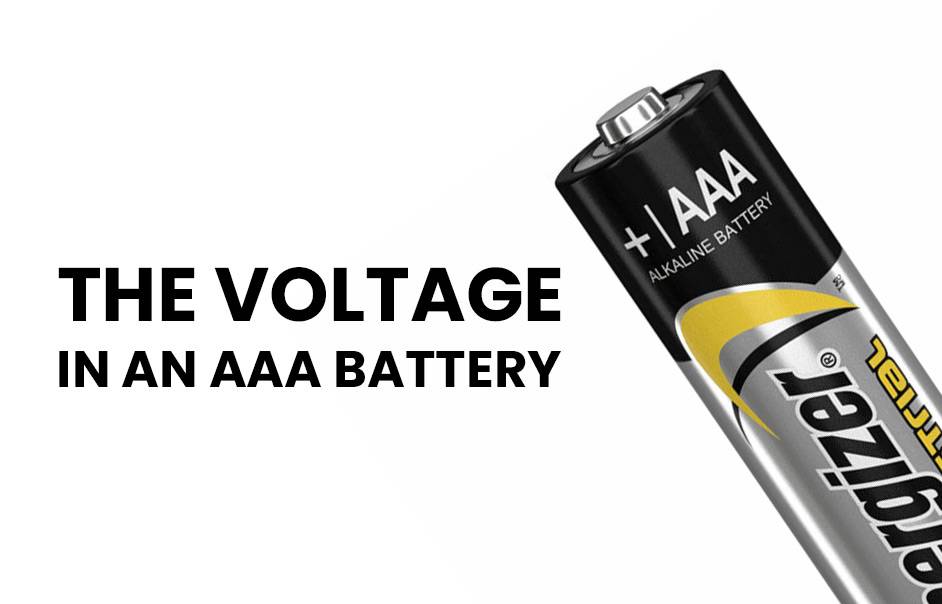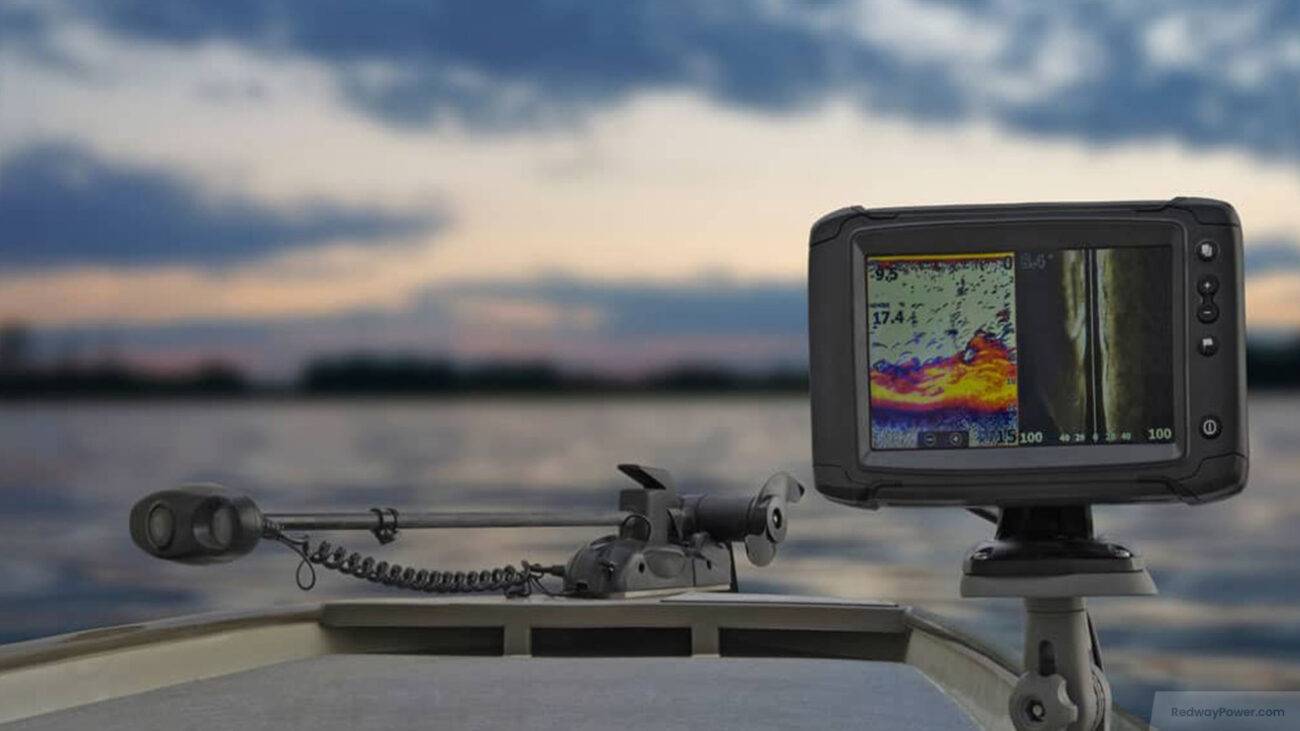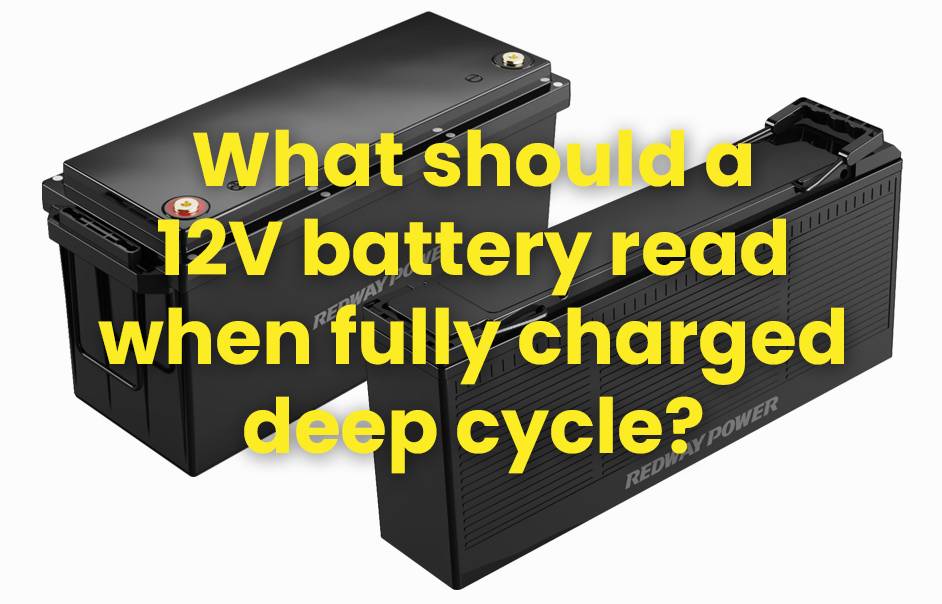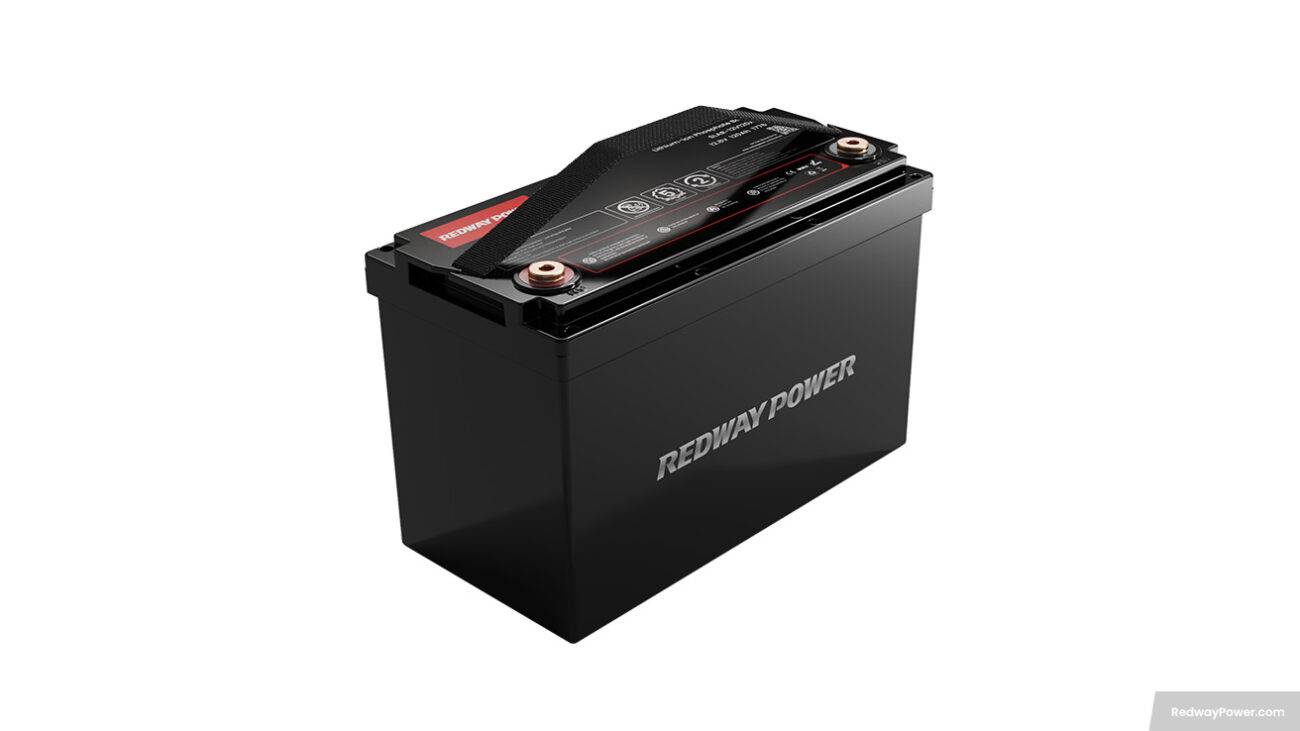Curious about the suitable battery for your fish finder? Fish finders typically require a 12V battery for power. The two common options are 12V lead-acid batteries, such as AGM, and lithium batteries. Lead-acid batteries have been the standard choice, while lithium batteries offer a smaller and lighter alternative. It’s important to consider the specific requirements of your fish finder and consult with experts or manufacturers for the most suitable battery.
The Importance of Choosing the Right Battery for Your Fish Finder
Selecting the right battery for your fish finder is crucial for uninterrupted fishing adventures. It ensures optimal performance, longer run times, and compatibility with your device. Here’s a guide to help you choose the perfect battery:
- Compatibility: Refer to the manufacturer’s recommendations or your fish finder’s user manual to ensure you choose a compatible battery model. Using the wrong type may lead to performance issues or device damage.
- Capacity: Opt for a battery with higher capacity for longer run times between charges, especially for extended fishing trips. Consider the voltage requirements as well to maintain optimal functionality.
- Convenience and Durability: Look for batteries with features like easy installation, maintenance-free operation, and rugged construction. These qualities ensure hassle-free use and reliability even in harsh fishing conditions.
By considering compatibility, capacity, and durability, you can select a quality battery that meets your fishing needs and ensures seamless performance on the water.
Types of Batteries Available for Fish Finders
Selecting the right battery for your fish finder involves understanding the pros and cons of different options available in the market. Here’s a brief overview of the battery types commonly used for fish finders:
- Lead-Acid Batteries: Known for their affordability and durability, lead-acid batteries provide a steady power supply but require regular maintenance for optimal performance.
- Lithium-Ion Batteries: Lightweight and compact, lithium-ion batteries offer a longer lifespan and quick recharging, making them ideal for portable fish finders.
- AGM or Gel Cell Batteries: Considered more environmentally-friendly, AGM and gel cell batteries are spill-proof and maintenance-free, though they can be pricier than other options.
- Rechargeable Alkaline Batteries: While less common, rechargeable alkaline batteries provide decent performance at a lower cost, offering an alternative choice for fish finder power sources.
By weighing factors like cost, portability, and environmental impact, you can choose the battery type that best suits your fish finder needs.
Factors to Consider When Choosing a Battery
Choosing the right battery for your fish finder requires considering several key factors to ensure optimal performance and reliability. Here’s a concise breakdown of what to consider:
- Capacity: Look for a battery with ample ampere-hour (Ah) capacity to provide long-lasting power during fishing trips, reducing the risk of running out of energy while on the water.
- Size and Weight: Opt for a compact and lightweight battery that fits well in your boat or kayak, maximizing available space and enhancing maneuverability without compromising on power.
- Battery Chemistry: Consider the advantages and disadvantages of different battery types, such as lead-acid, lithium-ion, and AGM batteries, in terms of cost, lifespan, maintenance, and performance under various weather conditions.
- Voltage Compatibility: Ensure the battery’s voltage matches your fish finder unit’s specifications, typically operating on 12V DC power, to prevent compatibility issues and ensure seamless operation.
- Rechargeability Options: Choose a battery with versatile recharging capabilities, such as solar panels or AC chargers, to meet your fishing style and environmental preferences, providing convenient and eco-friendly power solutions.
By evaluating these factors, you can make an informed decision when selecting a fish finder battery that aligns with your budget and fishing requirements.
Top Recommended Batteries for Fish Finders
Tips for Maintaining and Extending the Life of Your Fish Finder Battery
To maximize the lifespan of your fish finder battery, follow these simple maintenance tips:
- Keep it Clean: Regularly clean the battery and terminals to prevent corrosion, using a mixture of baking soda and water if needed.
- Avoid Overcharging: Use a smart charger that automatically shuts off when the battery is fully charged to prevent overcharging and potential damage.
- Proper Storage: Store the battery in a cool, dry place away from direct sunlight to avoid exposure to extreme temperatures.
- Monitor Power Consumption: Adjust display brightness and disable unnecessary features to conserve battery power while using your fish finder.
- Consider Backup Battery: Invest in a backup battery for long fishing trips to ensure uninterrupted power supply and peace of mind.
Following these tips will help you maintain and extend the life of your fish finder battery, ensuring reliable performance whenever you’re out on the water.
Alternative Power Sources for Fish Finders
In addition to traditional batteries, there are alternative power sources available for fish finders. These options offer versatility and sustainability, catering to various needs and preferences. Let’s explore some alternatives:
- Solar Panels: Harnessing sunlight, solar panels provide renewable energy to charge fish finder batteries, making them ideal for long hours on the water.
- Portable Power Stations: Compact and versatile, portable power stations offer multiple charging options and are suitable for anglers needing continuous power.
- Lithium-Ion Battery Packs: Lightweight and durable, lithium-ion battery packs offer longer runtimes compared to traditional batteries, making them a popular choice.
- Fuel Cells: Utilizing hydrogen gas or methanol fuel, fuel cells provide extended operating times without frequent recharging, though they require additional setup and maintenance.
Each alternative has its advantages and considerations, including convenience, initial costs, and specific usage needs.

New Insights
Here are the latest news articles about the topic “Battery for Fish Finder”:
- “Choosing the Best Fish Finder Battery: A Comprehensive Guide” – This guide explores various power options for fish finders and offers top recommendations for a reliable fish finder battery. It highlights the benefits of lithium batteries over traditional lead-acid batteries, including their lightweight, reliability, and long lifespan.
- “How to Choose the Best Fish Finder Battery for 2024” – This article discusses the power options for fish finders, emphasizing the advantages of lithium marine batteries. It provides insights on selecting a battery based on voltage, amp-hour rating, and other factors, and explains why lithium batteries are the superior choice for fish finders.
-
“Best Fish Finder Battery (2023 Buyer’s Guide) – Sportfishing …” – This buyer’s guide reviews the most popular fish finder batteries on the market, evaluating them based on run time, reliability, durability, and pricing. It recommends the ExpertPower 12V 10Ah Lithium LiFePO4 Deep Cycle Rechargeable Battery as the best overall battery for fish finders due to its long-lasting charge and lightweight design.
“The articles’ emphasis on lithium batteries for fish finders is spot-on, highlighting the significant benefits of this technology in terms of performance, durability, and safety. It’s a testament to the progress in power solutions for outdoor enthusiasts seeking reliable, long-lasting energy sources.” — Mr. Raza, Lithium Battery Expert from Redway Power
FAQs
Can a fish finder be powered by a deep cycle battery?
Fish finders can be powered by deep cycle batteries, which are designed to provide a consistent and steady power supply. These batteries are suitable for fish finders because they consume low power, usually less than half an amp. Using a deep cycle battery ensures a reliable and long-lasting power source for extended fishing trips. Deep cycle batteries offer advantages such as excellent cycle performance, fast charging and discharging, high output power, and charging efficiency up to 100%.
How long can a 12-volt battery run a fish finder?
Different batteries have varying runtimes for fish finders. A small lithium battery (12V 6Ah) can power basic finders for 8-10 hours, while a larger lithium-ion battery (12V 30Ah) can last 25-30 hours, ideal for longer trips. For extended usage, a high-capacity marine lithium battery (12V 100Ah) can power fish finders for several days. The runtime of a fish finder depends on the battery’s capacity.
Why are lithium batteries considered the best choice for fish finders?
Lithium batteries are considered the best choice for fish finders due to their lighter weight, longer lifespan, and efficient usage. They offer excellent long-term value, being potentially ten times longer-lasting than other batteries. With their consistent power supply and reliability, lithium batteries provide anglers with a convenient and reliable solution for powering their fish finders.
What battery do I need for my fish finder?
Proper Maintenance and Care for Fish Finder Batteries
To ensure your fish finder battery lasts as long as possible, it is essential to follow a few maintenance tips. Make sure to recharge the battery after each use and avoid fully draining it if possible. Store the battery in a cool, dry place when not in use and inspect it regularly for any signs of damage.
By taking good care of your fish finder battery, you can maximize its lifespan and keep enjoying successful fishing trips without any power interruptions. Remember, investing time in maintaining your battery will pay off in the long run with reliable performance on the water.

